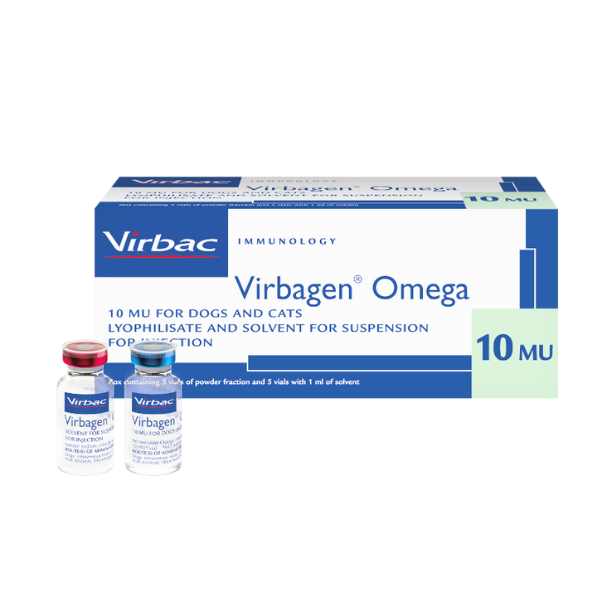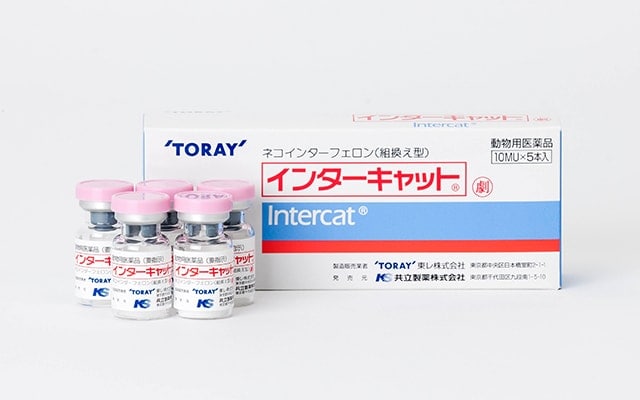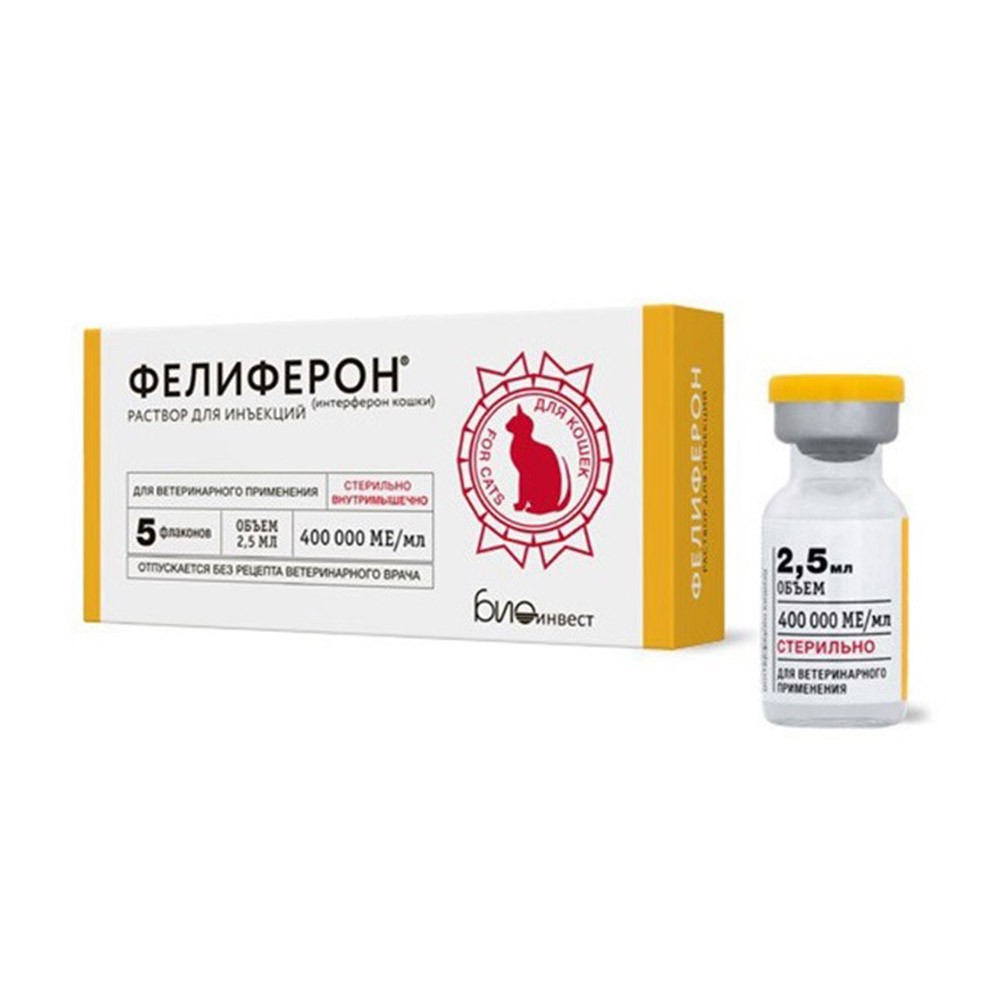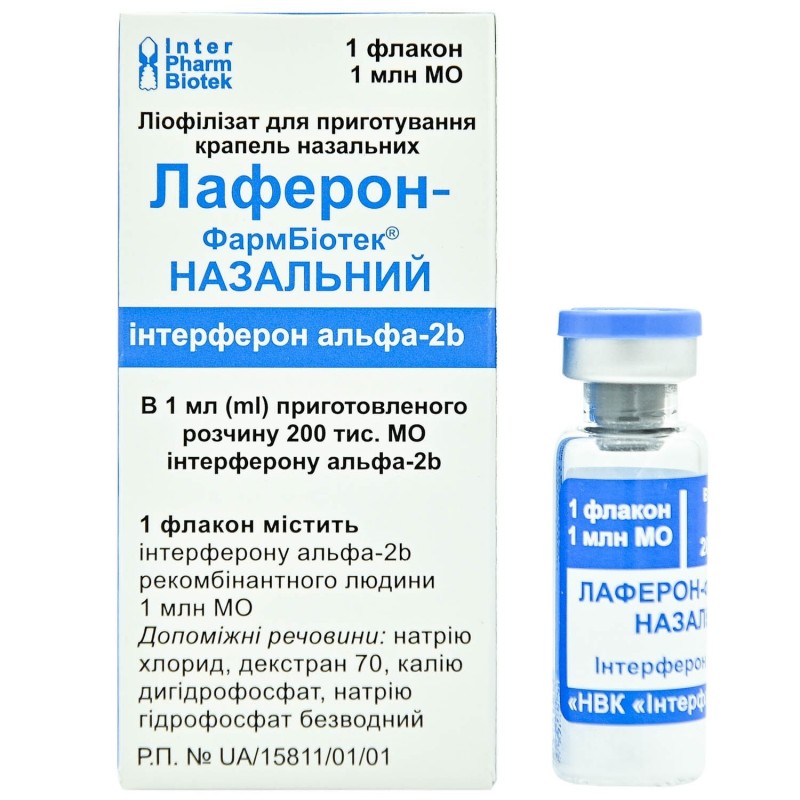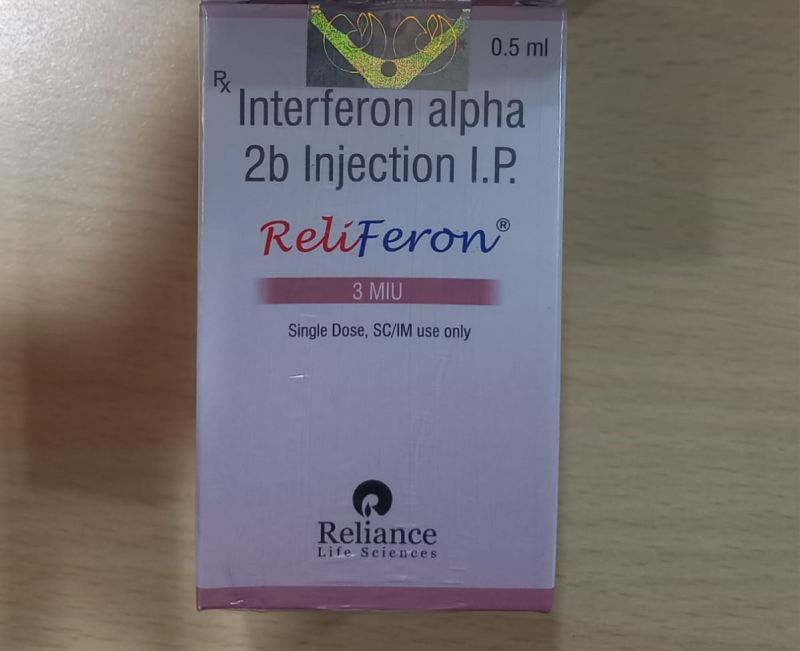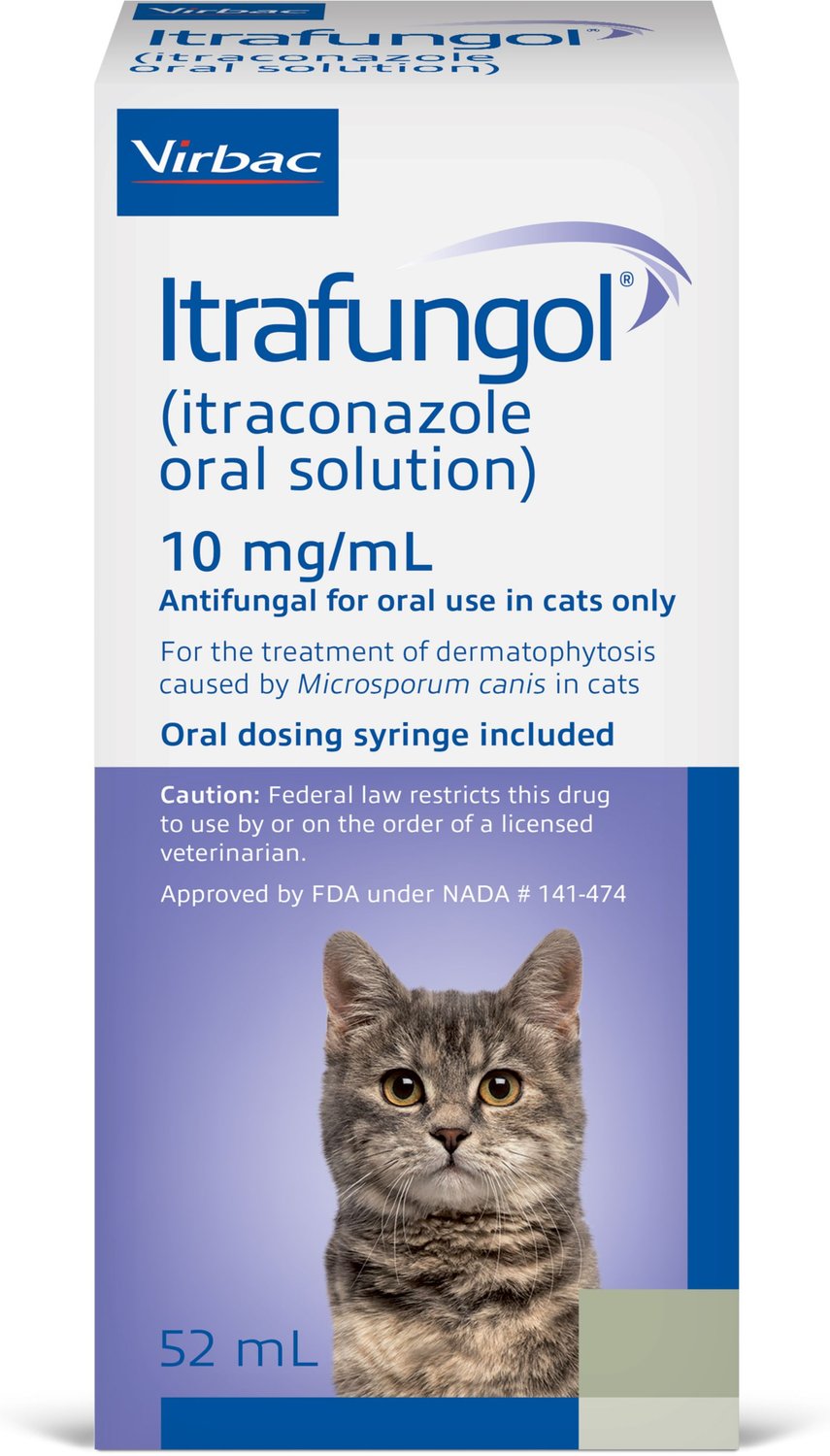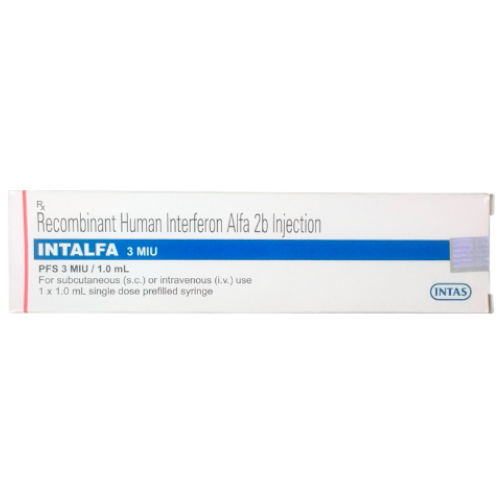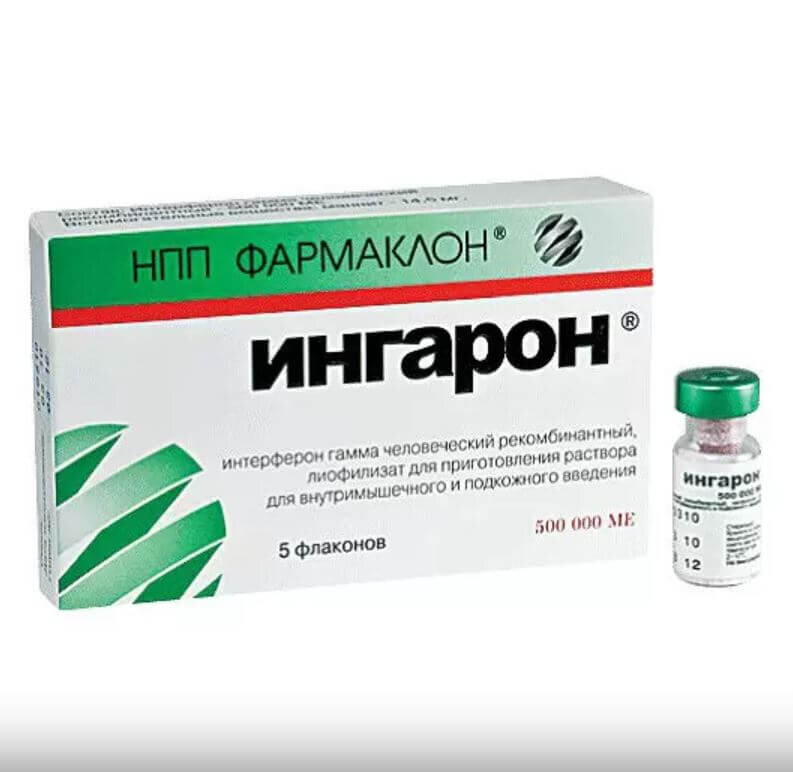Where To Buy Interferon For Cats

For cat owners facing the devastating diagnosis of feline infectious peritonitis (FIP) or other serious viral infections, finding effective treatment options can feel like a race against time. Interferon, a naturally occurring protein with antiviral and immunomodulatory properties, is sometimes considered as part of a comprehensive treatment plan. However, sourcing interferon for cats can be fraught with challenges, raising concerns about availability, legality, and product quality.
This article delves into the complex landscape of acquiring interferon for cats, providing a comprehensive overview of legitimate sources, potential risks, and essential considerations for pet owners. We aim to provide clarity and guidance, empowering you to make informed decisions in consultation with your veterinarian about your cat's care.
Understanding Interferon and its Uses in Felines
Interferons are a family of naturally occurring proteins produced by the body in response to viral infections and other immune challenges. In veterinary medicine, interferon, particularly recombinant feline interferon omega, has been explored for its potential to modulate the immune system and combat viral diseases in cats.
While Interferon omega isn't a cure for FIP, some veterinarians use it as part of supportive care. It may also be considered for treating other viral infections, like feline herpesvirus (FHV-1) or feline leukemia virus (FeLV), but its efficacy varies and is dependent on the individual case and the veterinarian’s protocol.
Legitimate Sources of Interferon for Cats
The primary legitimate channel for obtaining interferon for your cat is through a licensed veterinarian. Your veterinarian can diagnose your cat's condition, determine if interferon is an appropriate treatment option, and prescribe the necessary medication.
Veterinarians typically source interferon from reputable veterinary pharmaceutical suppliers. These suppliers adhere to stringent quality control measures and ensure the authenticity and safety of the product.
It's crucial to emphasize that purchasing interferon online without a prescription from an unauthorized source is strongly discouraged. These sources often lack the necessary oversight to guarantee product quality, and the medication may be counterfeit, expired, or improperly stored, posing serious risks to your cat's health.
Navigating the Gray Areas: Online Pharmacies and International Sourcing
The internet presents a tempting array of options for sourcing medications, including interferon. However, exercising extreme caution when considering online pharmacies is paramount. Verify that the online pharmacy is licensed and accredited by a reputable organization.
Some pet owners explore sourcing interferon from international pharmacies. While this may seem like a viable alternative, it's essential to be aware of the legal and regulatory hurdles involved.
Importing medications from other countries may be subject to import restrictions and require specific documentation. Furthermore, the quality and authenticity of medications from international sources may be difficult to verify.
The Importance of Veterinary Consultation
Before even considering obtaining interferon, a comprehensive veterinary examination and diagnosis are absolutely essential. Your veterinarian can perform the necessary diagnostic tests to determine the underlying cause of your cat's illness and assess whether interferon is an appropriate treatment option.
Furthermore, your veterinarian can advise you on the appropriate dosage, administration route, and potential side effects of interferon. Self-treating your cat with interferon without veterinary guidance can be dangerous and may worsen their condition.
Remember, Interferon is not a replacement for traditional veterinary care. It should only be used as part of a comprehensive treatment plan under the guidance of a qualified veterinarian.
Potential Risks and Side Effects
Like any medication, interferon can have potential side effects in cats. Common side effects may include fever, lethargy, decreased appetite, and vomiting.
In rare cases, more serious side effects may occur. It's crucial to monitor your cat closely for any adverse reactions and report them to your veterinarian immediately.
The risks associated with interferon use may outweigh the potential benefits in some cases. Your veterinarian can help you weigh the risks and benefits and determine if interferon is the right choice for your cat.
The Future of Feline Interferon Research
Ongoing research continues to explore the potential of interferon in treating various feline diseases. Scientists are investigating novel formulations and delivery methods to improve its efficacy and reduce side effects.
Future studies may also shed light on the optimal use of interferon in combination with other therapies. These advancements could lead to more effective and targeted treatment strategies for cats with viral infections and other immune-mediated conditions.
Staying informed about the latest research and developments in feline interferon therapy is essential for both veterinarians and pet owners.
Conclusion: A Path Forward with Informed Choices
Navigating the complexities of sourcing interferon for cats requires careful consideration and a strong partnership with your veterinarian. Obtaining interferon from legitimate sources and following veterinary guidance are crucial for ensuring your cat's safety and well-being.
While the desire to help your feline companion is understandable, prioritizing legitimate channels, consulting with a veterinarian, and understanding the potential risks and benefits of interferon therapy will lead to the best possible outcome for your beloved pet. Always prioritize your cat's health and well-being above all else.
By making informed decisions and working closely with your veterinarian, you can navigate the challenges of feline health care with confidence and provide your cat with the best possible care.

